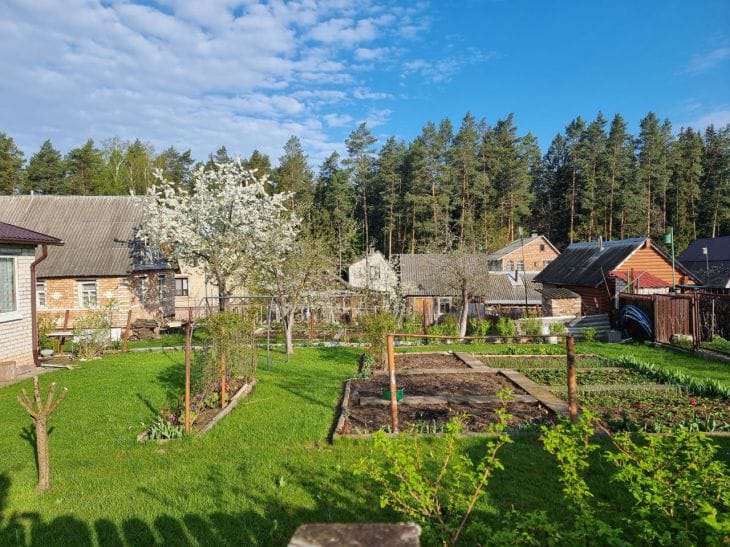Imagine that in five years your land will become a lifeless lump of clay, and your neighbors will point their fingers at your stunted garden beds.
This scenario is inevitable if you ignore the rules that organic farming gurus keep silent about. First: never leave the soil bare.
A University of Illinois study has shown that unmulched garden beds lose 2 cm of topsoil per season.

“I used to think that black film was laziness,” admits Vasily from Vologda. “But after I covered the rows with it, the worms returned and there were 10 times fewer weeds.”
Rule number two: Don't dig deeper than 10cm. "Digging deep destroys the capillaries that allow air to reach the roots," explains soil scientist Greg Lindsay . "Use a fork instead of a shovel."
Third taboo: do not plant the same crops two years in a row. Even if you apply fertilizer, pathogens accumulate exponentially.
"After three years of single-crop potato plantings, my fields were attacked by nematodes," says a farmer from Bryansk. "I had to sow rye and not plant nightshades for two years."
The fourth secret is the "three-hour rule." Watering, weeding, and fertilizing should only be done in the morning or evening, when the sun is not active.
"During the day, water droplets act like lenses," warns agrometeorologist Yulia Semenova. "They leave burns, and fertilizers evaporate before reaching the roots."
And finally, fifth: never trust the “100% natural” labels on packages. Even compost can be poisonous if it has been contaminated with herbicides.
“I spent three years saving my plot because of ‘organic’ manure with antibiotics,” shares Lidiya from Penza. “Now I check everything in the lab.”
Your garden is not a field for experiments. Follow the rules - or prepare for war with barren soil.
